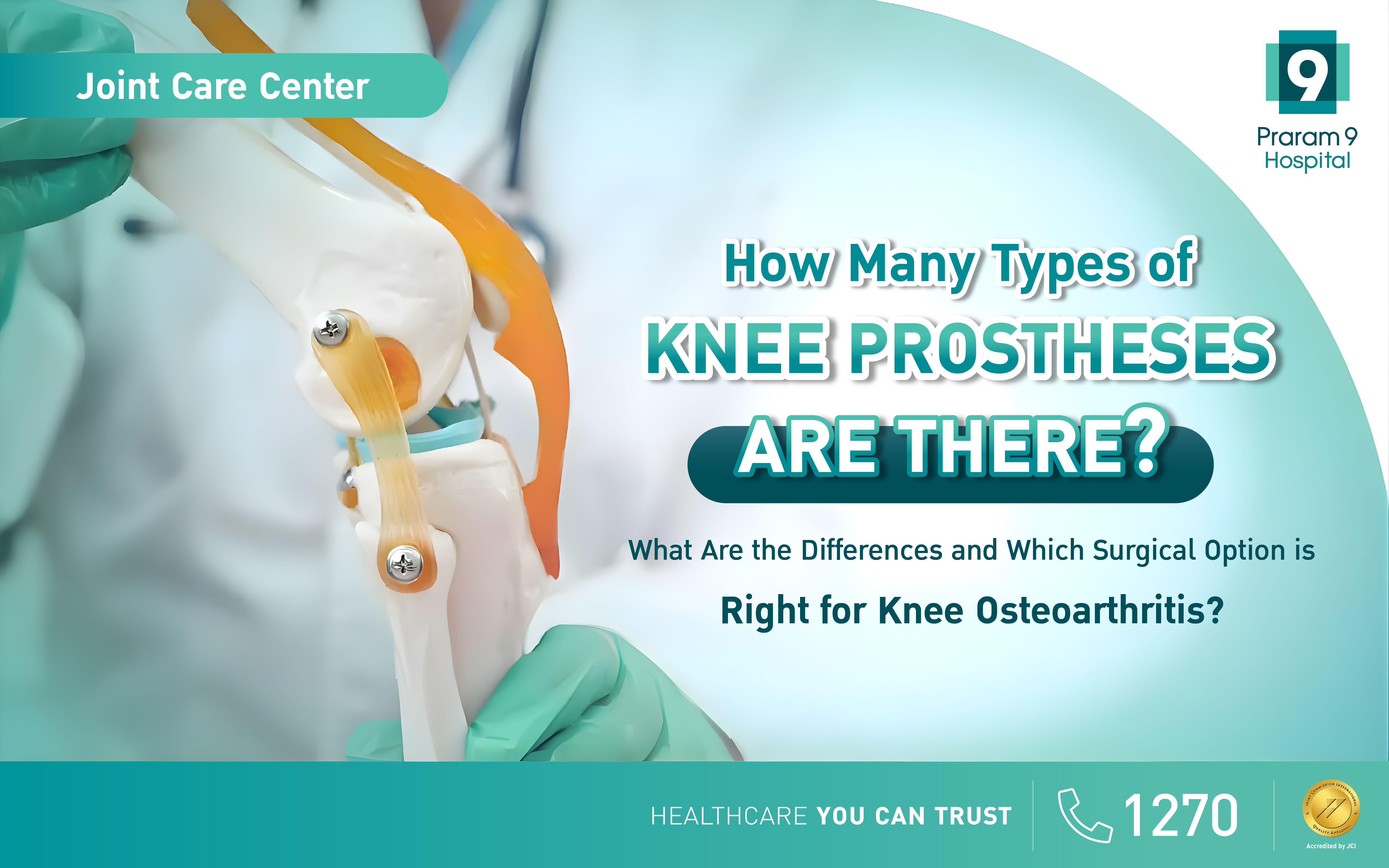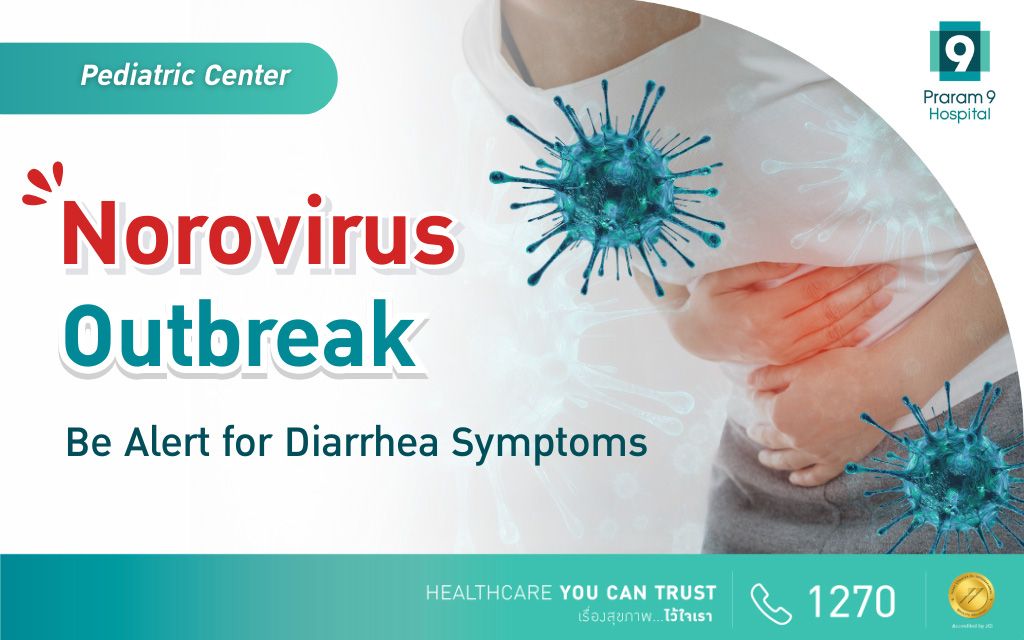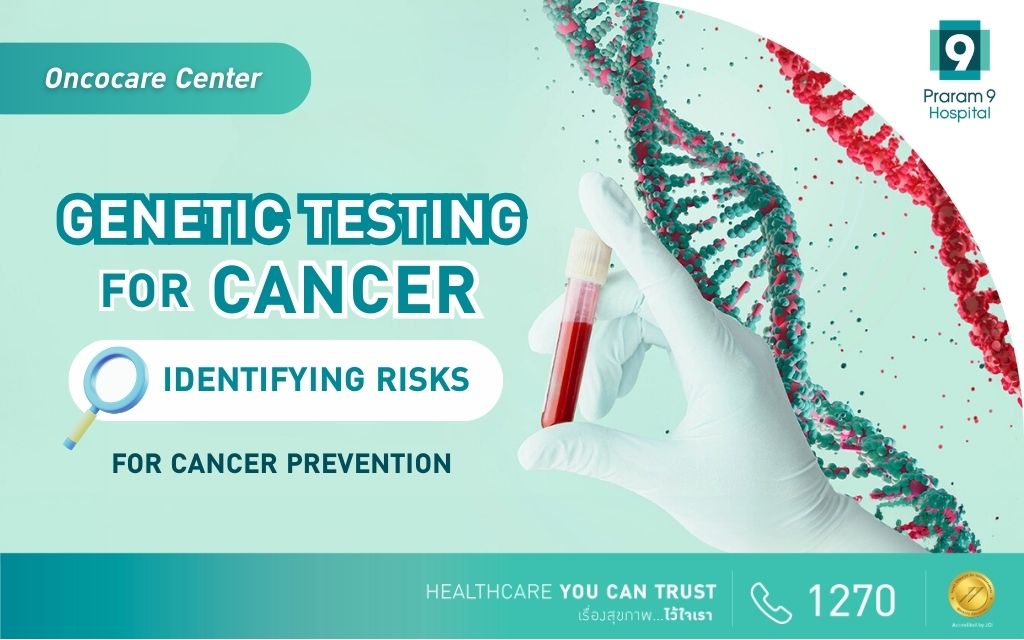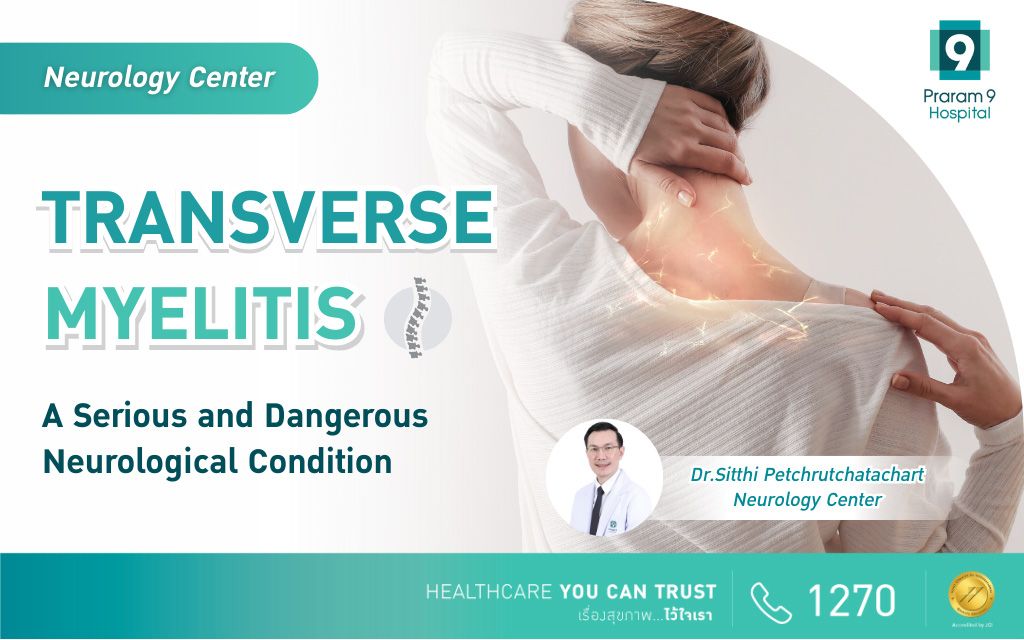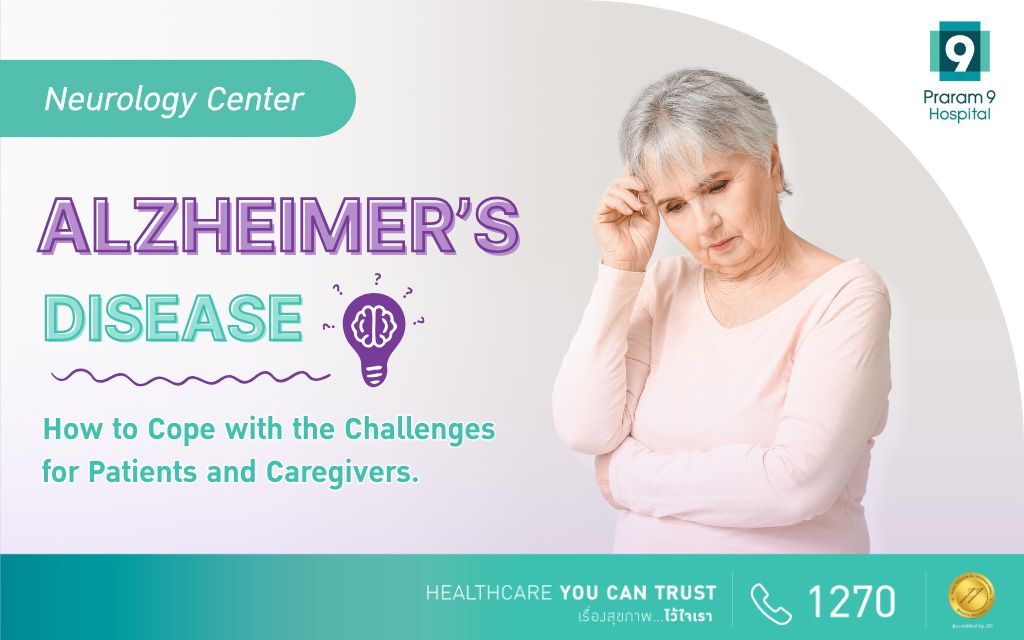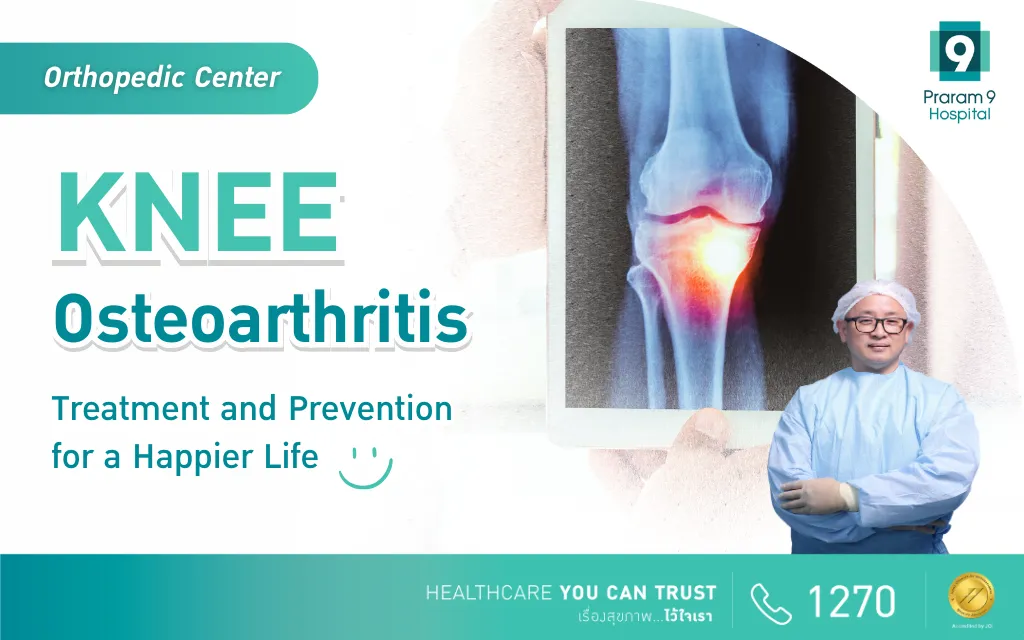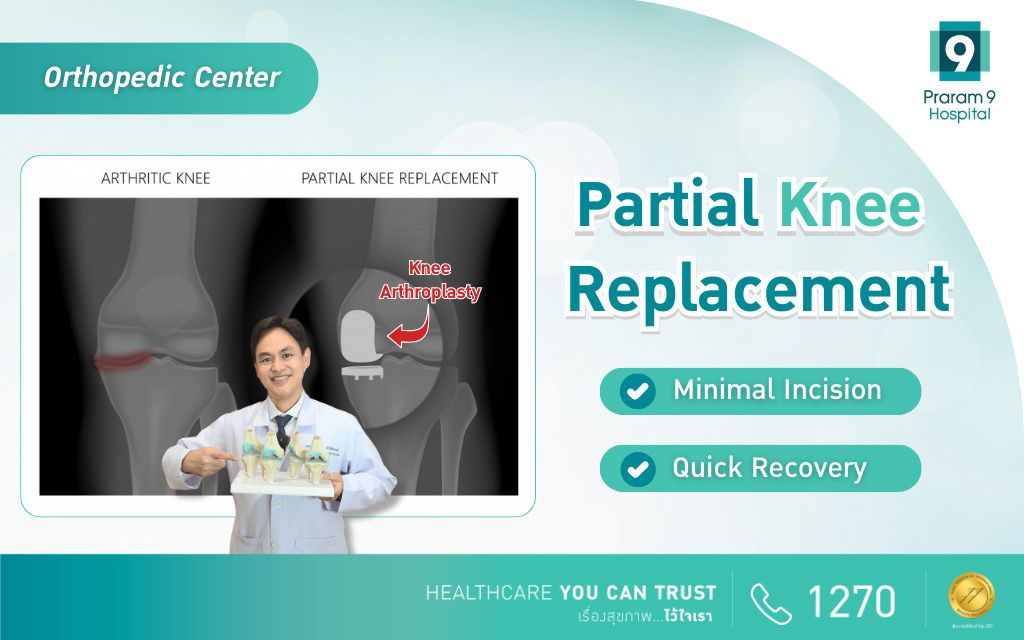Health Articles
Knowledge
Eating to fight stress, in the positive way

Eating to fight stress, in the positive way.
Serotonin, when we have enough of this chemical in our brain, can help to keep us in a good mood feeling relax and calm. When we are stress, the level of serotonin is reduced which can cause difficulty sleeping, easily irritated, reduced concentration and depression syndrome. Serotonin is the chemical that is synthesized from amino acid called tryptophan in our brain. Normally, we received amino acid, including tryptophan, from food such as meat, milk, egg, fish and soy bean.
How is food and stress related to each other?
Food can increase or reduce stress in our body depending on the type of food. Let’s start with carbohydrate. The amount of serotonin produced is related to tryptophan that is transported to our brain by passing through our bloodstream. Carbohydrate in food such as rice, flour, bread and sugar raises glucose level in the blood which causes the body to produced insulin. Insulin has the ability to uses other types of amino acid which result in less competition for tryptophan to get to the brain to be converted to serotonin.
In addition, the brain is able to function much better from the energy from glucose even while we are sleeping. Carbohydrate in food such as whole wheat bread contains slow releasing glucose that keep a constant supply of energy at a moderate level for the body to use over a longer period of time compare to fast releasing glucose from process carbohydrate such as white rice and sugar. As a result, from consuming fast releasing energy carbohydrate, we can observe that the serotonin level is lowered so the mood might be worse than before.
Aside from that there are amino acids such as omega 3 which help to elevate mood and reduce stress level, vitamin B that help boost energy level and help against depression and vitamin 12 that help with stress in elderly people. In order for the body to produce various hormones in the body, it needs to rely on nutrient, vitamins and mineral that we provide for our body. Therefore, when the body lack the materials it needs to function properly, this can result in a raise in stress level. Lack of folate in the diet reduce the amount of serotonin in our brain and when we are stress the body loss a lot of vitamin C through the urine more than normal which is not good for our body.
Now that we see the relationship between food and stress, we can move on to discuss on how we should eat to help our body fend off stress.
– Consume a balance meal with all 5 types of nutrition three times a day to provide constant energy for the body and to maintain a balance glucose level in our blood.
– In every meal, there should be an adequate amount of protein which can be found in food such as meat, egg, fish, milk, soy beans etc.
– In each meal, we should consume food with low fat content and avoid over consuming as the body will divert blood to the stomach to process the food much longer than normal. As a result, we will feel more tired and not as fresh because most of the blood are going to the stomach instead of the brain.
– Consume fish at least 2-3 times a week. Not only fish is a good source of protein, it is also the source of omega 3 as well which is a good amino acid that our body needs.
– Consume fruits as it contains a lot of good vitamins and fibers such as folate, vitamin B and vitamin C.
– Drink at least 8-10 cups of water over the course of the day can help revitalize you and is good for the skins
– Reduce or minimized the amount of caffeine such as tea, coffee and soda. Caffeine is an agent that trigger the release of stomach acid which can indirectly cause an increase in stress level.
– Reduce alcoholic drinks as drinking too much alcohol can damage our brain cells which reduce the amount of vitamin B in the body.
Aside from food, proper sleeping routine, exercising and adjust thing lifestyle can help reduce the amount of stress as well as improve our focus and mood.

